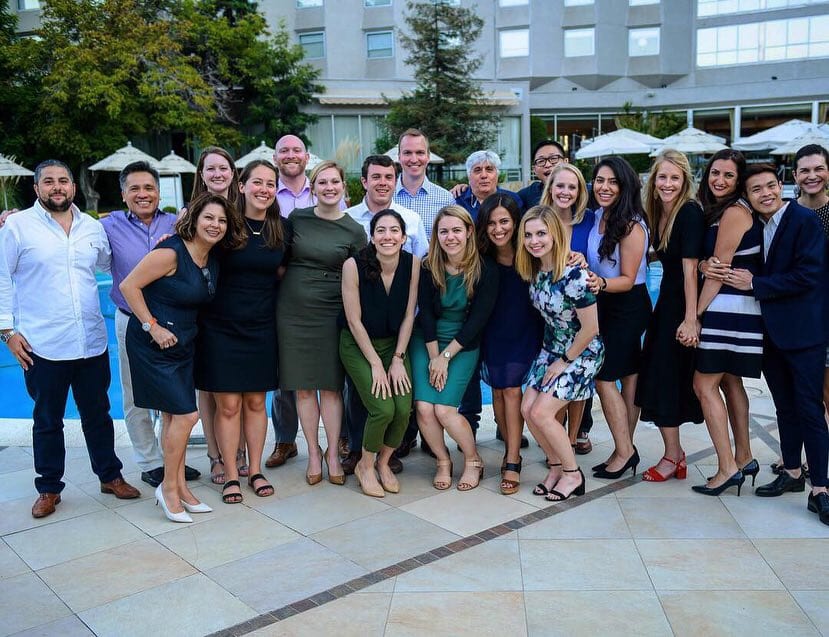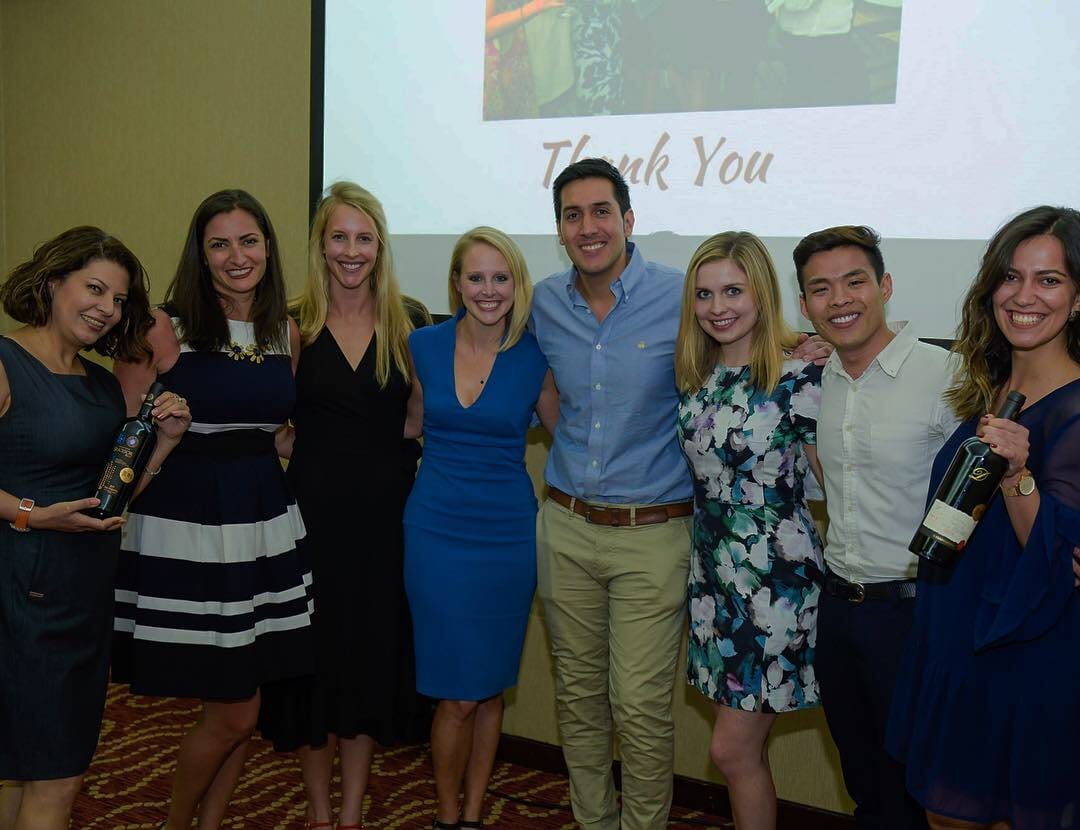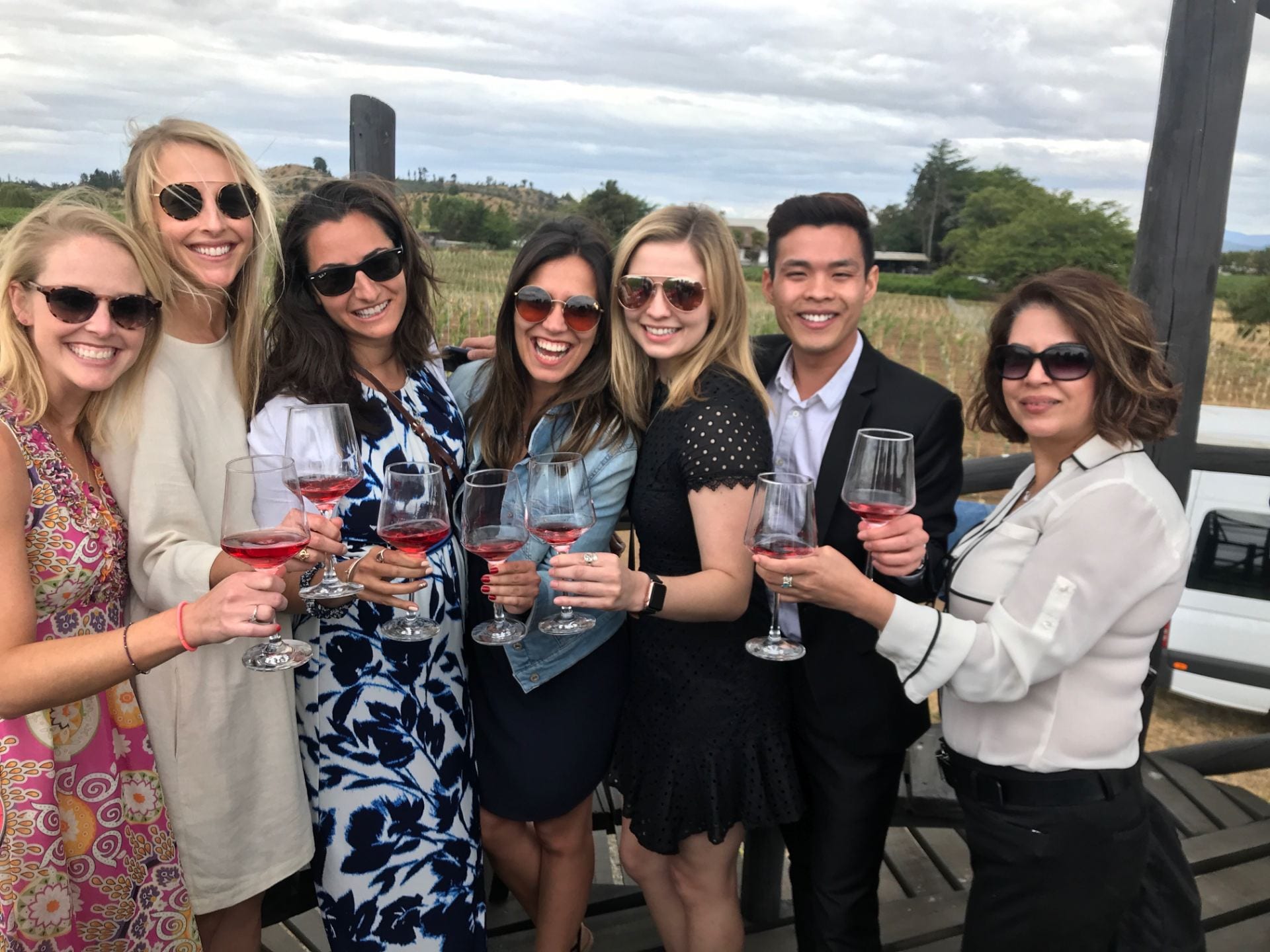London First Impressions
Upon arriving at Heathrow a visitor to London gets the impression that he or she might there have a fully immersive international experience without leaving the airport. Some disruptions to my itinerary resulted in an unplanned and hurried dash across multiple terminals in order to catch my flight. Despite my travel anxiety, I had infrastructure on the brain and couldn’t help but marvel at the intersection of so much transport, commerce, culture, and public utility in one space. Whatever metropolis the rails leaving the airport led to seemed momentarily like a mere adornment for the real urban epicenter which was Heathrow itself. For all of the divergent opinions I would hear over the course of the next week about the efficacy of British rail and transport I was massively impressed with the Tube. Twenty‐one stops, one line change, and less than an hour later I was standing on Marylebone a block from the hotel. I would learn a lot over the next week, but among the first things I learned from Anne‐Marie (our tour guide) was that Henry VIII upon seizing the church’s land to be his personal hunting grounds unwittingly made a huge contribution to present day London’s urban planning. The park is vast and beautiful, and like Central Park in New York is a vital green space in a dense urban area. Our hotel was right next to it and all of the students appreciated that.
Learnings
The impression that the UK is a deeply divided populace ideologically speaking is the most enduring lesson learned from my trip. I think it was a remarkable experience for the GW students to be in London just months before its divorce from the EU takes effect on March 29th, 2019. In the two years since the referendum we learned that basic questions relating to borders, immigration, trade polices with the EU have yet to be resolved, yet the country is hurtling towards that deadline with unknown consequences beyond it. During our visit with Lord Knight, who seemed deeply distraught over the future of England post‐Brexit, it was pointed out that the whole question of the border with Ireland, which will remain in the EU, has not been resolved and has no practical resolution. I was struck by how many similar and sensitive issues ranging from trade to labor mobility must not have been fully contemplated at the time of the referendum. The disdain that some of our speakers had for the ‘London‐centric’, a term seemingly deployed as a pejorative, was initially surprising but echoed some of the rhetoric that is commonly heard regarding attitudes toward the ‘elites’ in our country. From my perspective, the debate between the conservative and labor party in Parliament bears much resemblance to the highly partisan debates in the US as they pertain to immigration and trade today. In some ways, the focus of much of our course (whether certain enterprises are better managed by the public or private sector) parallels the on‐going debate over Brexit. In both debates there appear to be two firmly entrenched ideological camps with Conservatives in favor of Brexit and privatization and Labour preferring to remain in the EU and generally backing nationalization policies.
While Brexit, immigration, and privatization vs. SOE debates seemed to be highly divisive topics for the country, it was my observation that there were also some countervailing forces at work that served to unify the country. Since we were in England when they were playing Colombia in the World Cup round of 16, I went to a pub to watch the people as much as the game, eager to sample the culture in what I thought would be an authentic encounter with English culture. At the Prince Regent at the corner of High Street and Nottingham I found what I was looking for and thoroughly enjoyed rooting for the ‘lads’ alongside all stripes of Londoners with the game ending in a thrilling penalty shootout. Another unifying element that I noted during my visit was the National Health Service, which was celebrating its 70th anniversary. What was interesting to me is that, while not everyone thought the system was perfect, there seemed to be a shared sense of pride about what it had made possible for the English citizens. Individuals with whom I spoke would point out its shortcomings, but I don’t recall speaking to a single person that didn’t think it was serving an important societal purpose. Another element of unity that I observed was the pride the people of London showed in the RAF, which prior to our visit had just celebrated its 100th anniversary. A final point of shared optimism seemed to arise from the recent royal wedding of Prince Harry to an American woman that seems to have found favor with the British public. These were welcome, if fleeting, elements of shared optimism in an atmosphere that has lately been marked by fear and uncertainty over what Brexit will mean for the future of the UK.


Our on‐campus analysis of the PPP model and the Special Purpose Vehicle that is formed to contract with the public sector, assemble the sub‐contractors, and deliver the service was reinforced during our meeting with Transport for London (TfL). For me personally, it was during this meeting, and specifically during the discussion with Jenny Barber and Nicola Cox, that there was a meaningful connection between the more abstract material discussed in class and real world implementation of the risk transfer and pay‐for‐value framework. In particular, it was very instructive for me to learn the detail of how the Silvertown Tunnel project was actually tendered and financed, as it was the most concrete example of PPP project financing we’ve seen. Her project also illustrated how risk transfer was accomplished by creating a revenue stream based upon an availability payment formula that ensured TfL was paying for performance, even while retaining the ability to set the fares. Further, and consistent with our readings, the financing structure for Silvertown removed the asset from TfL’s balance sheet, converting the payment stream to operational expense instead of capital expense. What remains unclear to me is how the risk is transfer is ever complete so long as the UK government is perceived to be implicitly backstopping the entire project. As Nicola noted, an SVP involved in a recent PPP with TfL miscalculated the ridership fees (due to students riding free) on which it depended for revenue, resulting in a loan default. This in turn obliged TfL to step in and guarantee and refinance the loans, suggesting that the off balance sheet exercise is not entirely off balance sheet.
After TfL, I found the meeting most relevant to our course to be the time spent with Office for Rail and Road (ORR). In our campus course we read and heard from speakers (Wooten) about the challenges of trying to replicate competition with natural monopolies. As Carl Hetherington stated, the ORR’s job is to regulate competition and rail performance. This for me was the most tangible example of the intersection of business and the state, with licensed operators and open access operators competing for rail time. I found it interesting to hear about how their NPAT (Not Primarily Abstractive Test) was used to balance competition with use of the Secretary of Treasury’s funds. Carl’s team was also extremely well prepared and generous with their time. Though her presentation was not so much related to our course topics I found Sarah Carlson to be extremely impressive and I greatly appreciated the insights she shared into the process for rating sovereign debt. I left the Moody offices thinking that outside of the Fed Open Market Committee hers was arguably one of the most influential in the world economy.
Recommendations
One of the most rewarding parts of trip for me was the opportunity to get to know the other students. For many students in the PMBA programs that juggle full‐time jobs, families, and course work there is typically little time for socializing and networking with other students. Looking back, it’s interesting to see how little interaction there was among us during the campus portion of our course. Traveling together created a completely different and more collaborative dynamic with lots of ideas exchanged on both personal and professional levels. One drawback to the tight‐knit group we became was that we may not have fully taken advantage of the chance to interact with locals. I would caution future participants about this tendency and encourage them to explore the city on their own.
The trip itinerary struck a good balance between lectures and allowing for time to experience London and its surroundings. I thought the day trips to Winchester and Cambridge were also a great addition to the itinerary. On the whole, this summer program has enriched my graduate experience at GW and I’m glad for having participated.















